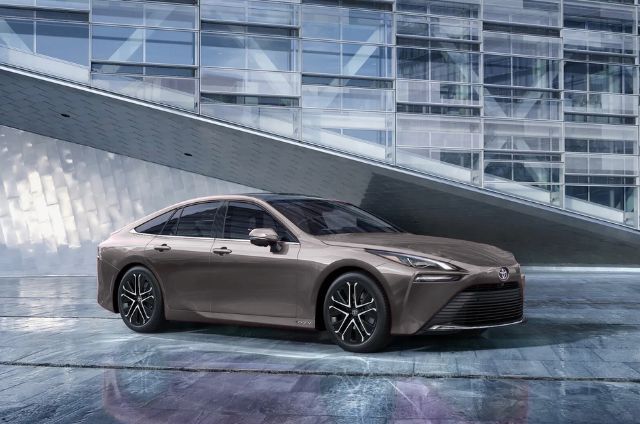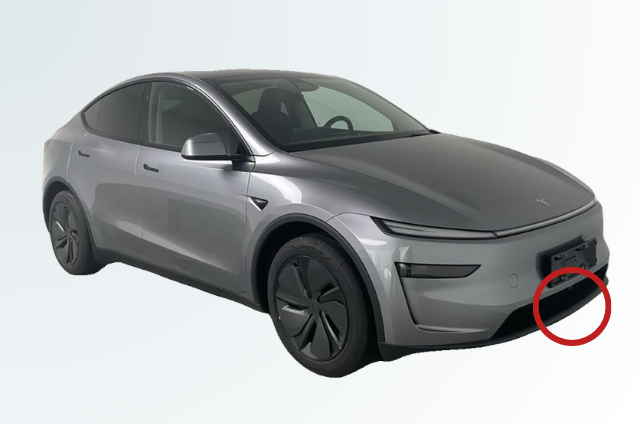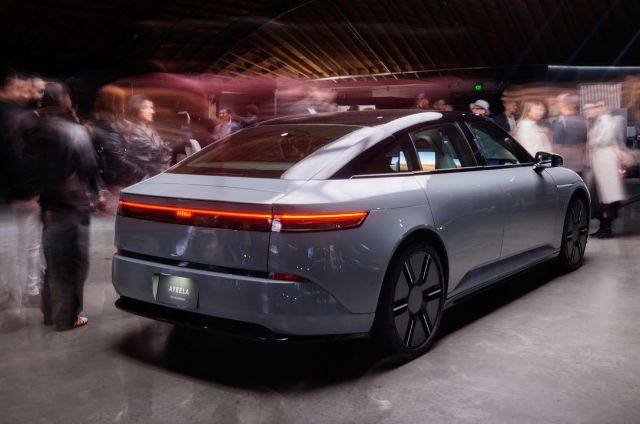Toyota’s 2027 EV Ambition
Toyota is making a bold claim: the world’s first mass-produced EV powered by all-solid-state batteries. The company says its first model could hit the road as early as 2027.
This week, Toyota announced a new partnership with Sumitomo Metal Mining to develop and mass-produce cathode materials. The deal is a key step toward scaling up production of its next-gen battery tech.
Why Solid-State Changes Everything
Unlike traditional lithium-ion batteries, solid-state batteries use a solid electrolyte instead of a liquid one. This makes them more energy-dense, more compact, and potentially much safer.
Toyota claims its solid-state packs will offer longer range, faster charging, higher output, and extended lifespan. In other words, this could fix the biggest issues holding EVs back today.
The company has been working on this tech since 2021, focusing heavily on durability and manufacturability. With Sumitomo’s proprietary powder synthesis, Toyota says it has created a cathode material tough enough for real-world use.
Scaling Up—and Staying Local
Toyota isn’t going it alone. It’s also partnering with Idemitsu Kosan, which plans to build a major plant for lithium sulfide, a key material in solid-state batteries. The goal? Produce 1,000 metric tons per year by 2027.
The move aligns with Japan’s push to reduce reliance on Chinese and South Korean battery supply chains. Toyota is part of a $7 billion investment into domestic battery manufacturing.
The Race Is On
Toyota says it wants to be first—but others are moving fast. Mercedes-Benz has already driven a solid-state EQS over 750 miles. BYD, CATL, and VW are also targeting solid-state production by 2027.
So, while Toyota may lead in headlines, it’s not alone in the race. The real win? Delivering this tech at scale, affordably, and on time.
Until then, it’s a high-stakes race for the EV crown.



